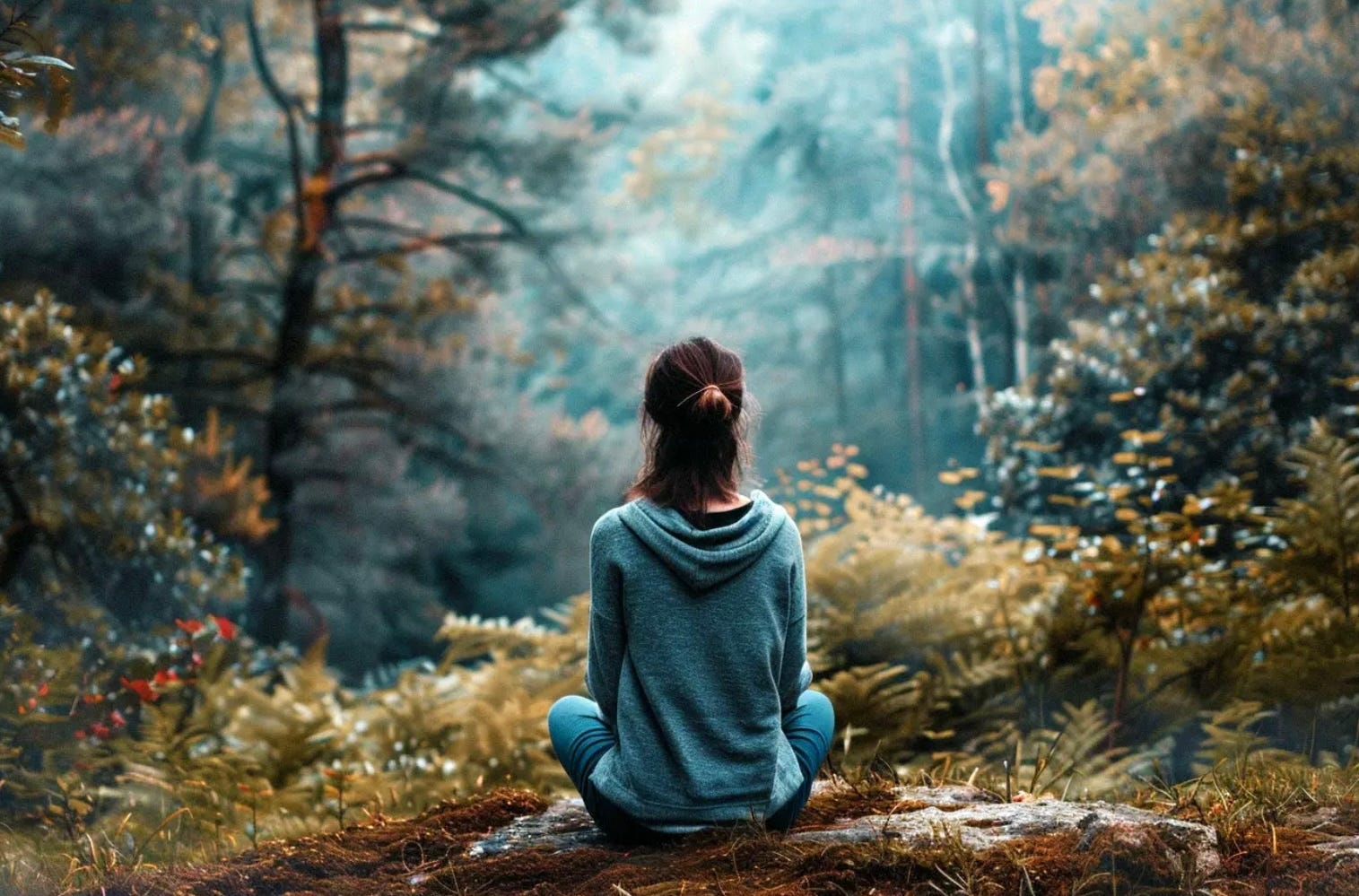Across the globe, there are a number of cultures and religions, and each of these celebrates during different times of the year. There are a number of significant events, beliefs, and traditions, and these serve as reminders of heritage, spirituality, and community. This works to foster bonds among individuals and societies, offering a unique glimpse into the rich tapestry of human experiences. Discover more about some of the most important times of the year around the world below.
Ramadan in Islam

Moonsighting informs Muslims of when Ramadan is set to begin and end, as the Islamic Calendar follows the lunar year, meaning the months don’t fall on fixed dates. Ramadan is one of the sacred months in the Islamic Calendar, and it’s observed with fasting, prayers, reflection, and community gatherings. The month commemorates the first revelation of the Quran to the Prophet Muhammad, which is why it revolves around spiritual renewal and self-discipline. During Ramadan, Muslims fast from dawn to sunset, refraining from eating, drinking, smoking, and impure behaviour. This is carried out to encourage empathy towards the less fortunate and works to strengthen one’s bond with Allah. The month is finalized with Eid al-Fitr, which is a joyous celebration filled with feasting, charity, and gratitude. Many Muslims choose to make a Zakat donation during this time, which is a charitable donation required of every financially stable Muslim.
Christmas in Christianity
Christmas is one of the most widely recognized Christian holidays, falling on 25 December. The holiday commemorates the birth of Jesus and is characterized by joy, generosity, and togetherness. During Christmas, people often decorate Christmas trees, exchange gifts, attend church, and share meals with loved ones. While Christmas began as a religious festival, it has since become a cultural phenomenon and is celebrated by people from all walks of life. Today, Christmas works to unite communities in the spirit of love and goodwill.
Diwali in Hinduism, Sikhism, and Jainism
Diwali is the Festival of Lights, and it’s immensely significant for Hindus, Sikhs, and Jains. It symbolizes the victory of light over darkness and good over evil, celebrating a number of mythological events and religious narratives. Diwali sees homes and public spaces being adorned with lamps and colorful decorations. As well as this, families come together to perform prayers, exchange sweets, and light fireworks. Unity, prosperity, and the triumph of righteousness are all promoted in the name of Diwali. Like Christmas, Diwali also transcends religious boundaries and has the power to resonate with people of all faiths.
Chinese New Year

Chinese New Year is otherwise known as the Spring Festival, which is a vibrant festival that marks the beginning of the Chinese lunar year. Family reunions, feasting, and the honoring of ancestors are all events that take place during the Chinese New Year. Red decorations are used to symbolize luck and prosperity, and these are spread throughout homes and the streets, all while dragon and lion dances fill the air with energy and excitement. There are a number of customs that take place during the Chinese New Year, including giving red envelopes with money and cleaning the home to rid the space of bad luck; this is believed to bring good fortune for the upcoming year.
Hanukkah in Judaism
Just like Diwali, Hanukkah is also called the Festival of Lights, and it celebrates the rededication of the Second Temple in Jerusalem and the miracle of the oil lasting for eight days. The holiday is observed for eight nights in honor of this, and it’s marked by lighting the menorah, eating traditional foods like latkes and sufganiyot, and playing dreidel. Resilience, faith, and freedom are all key themes of Hanukkah, highlighting the struggle for religious liberty and cultural preservation that has been experienced by Jewish people.










